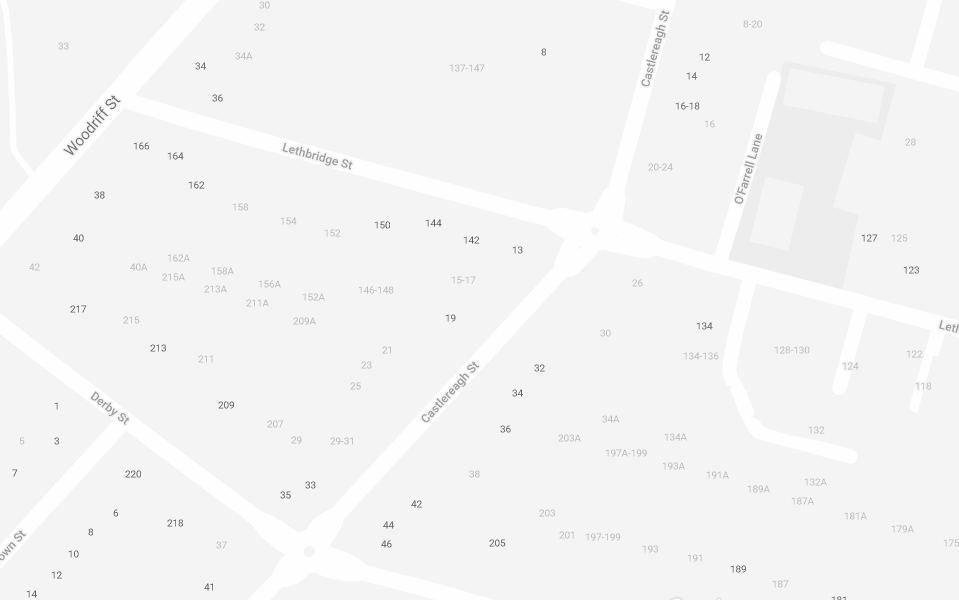
SAR lodgment due soon
The due date for the SMSF annual return for some self-managed super funds is fast approaching. Trustees now have less than one month to lodge the return. If you’re the trustee of an SMSF and have already finalised the audit, remember you don’t have to wait until the due date to lodge. The ATO recommends lodging on time as any returns more than 2 weeks late will result in the status of the SMSF on Super Fund Lookup to be changed to “Regulation details removed” and impact on super guarantee payments made to the fund.
With the end of February fast approaching, trustees of some Self-Managed Superannuation Funds (SMSFs) will have less than one month to lodge their SMSF annual return (SAR). This year, the SAR is due on 28 February 2021, but as it falls on a Sunday, trustees can lodge on 1 March 2021.
Remember, you don’t need to wait until 28 February to lodge, if you’ve already finalised the audit of your SMSF and have the relevant member details including contributions and account balances handy, you can lodge at any time before the due date. Unlike normal tax returns, the SAR also contains super regulatory information, member contributions, and details of the SMSF supervisory levy.
The ATO recommends that you include the ABN (Australian Business Number) of your SMSF on the SAR as it will allow their systems to match information on the members correctly. This matched information will then flow-on to ATO online services for members ensuring the account details for the SMSF are displayed accordingly.
The correct display of SMSF details will mean that members will be able to complete online forms for a variety of super matters including the compassionate release of super, early release of super, excess concessional contribution election, excess non-concessional contribution election or Div 293 election.
If your SMSF is in its first year and does not have any assets as of yet, you will not need to lodge a SAR as an SMSF is not legally established until the fund has assets set aside for the benefit of members. In that instance, you may have to contact the ATO to either cancel the fund’s registration or flag the SMSF’s record as return not necessary (RNN).
However, to flag a SMSF record as RNN, the SMSF will need to confirm the following in writing:
- although it is registered, it had no assets and did not receive contributions or rollovers in the first financial year;
- it has documentary evidence of the date the SMSF first held assets and commenced operating (eg the SMSF’s first bank statement); and
- that it will be lodging future returns.
In addition, trustees writing on behalf of the SMSF will need to include the SMSF’s name, TFN or ABN, confirmations that it meets all eligibility conditions, and documentary evidence of the date assets were first placed into the fund.
According to the ATO, any SARs that are more than 2 weeks overdue will result in a change in the status of the SMSF on Super Fund Lookup to “Regulation details removed”. This will mean that APRA funds will not be able to roll over member benefits and employers will not be able to make any super guarantee payments to members of the SMSF. This status will remain until any overdue lodgments are brought up to date.
If you’re a trustee of an SMSF and think you may be more than 2 weeks overdue on your SAR lodgment, the best thing to do is to contact the ATO as soon as possible in order to discuss various options. Otherwise, concessional lodgment due dates may be available from tax practitioners depending on your SMSF’s circumstances.





